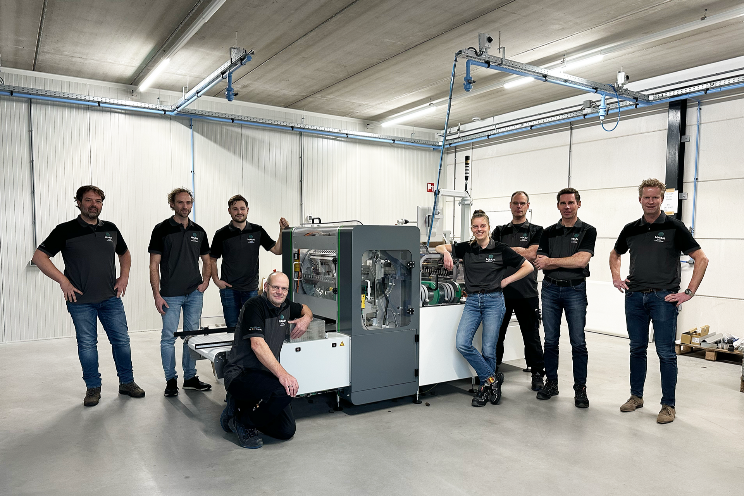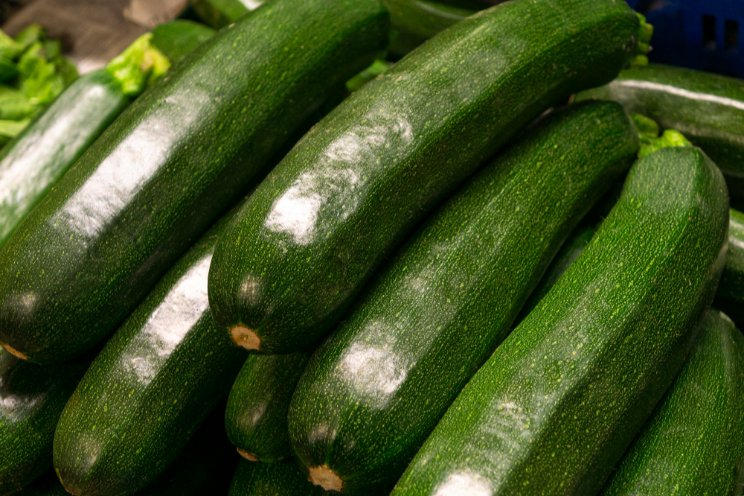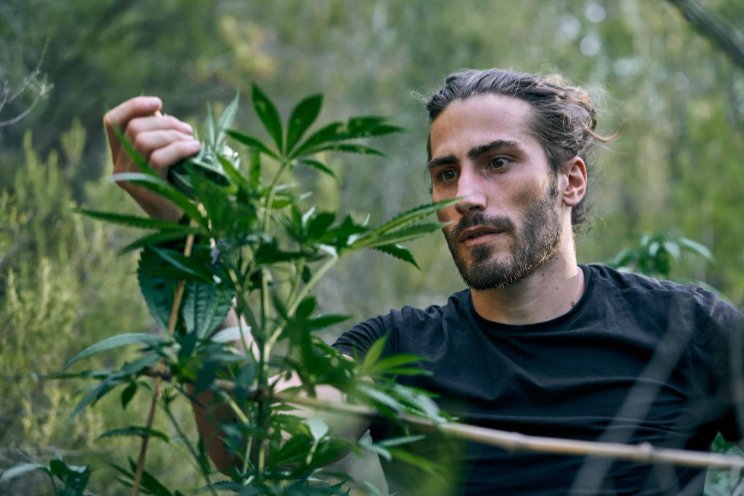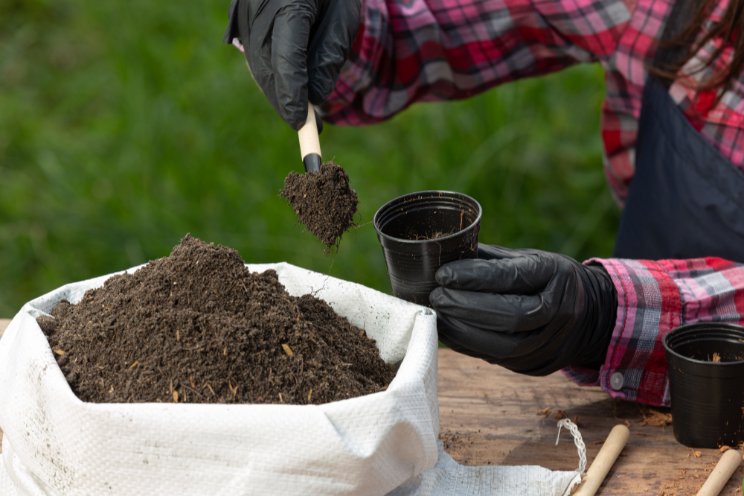Micro drones hunting through the greenhouse
Added on 09 January 2020
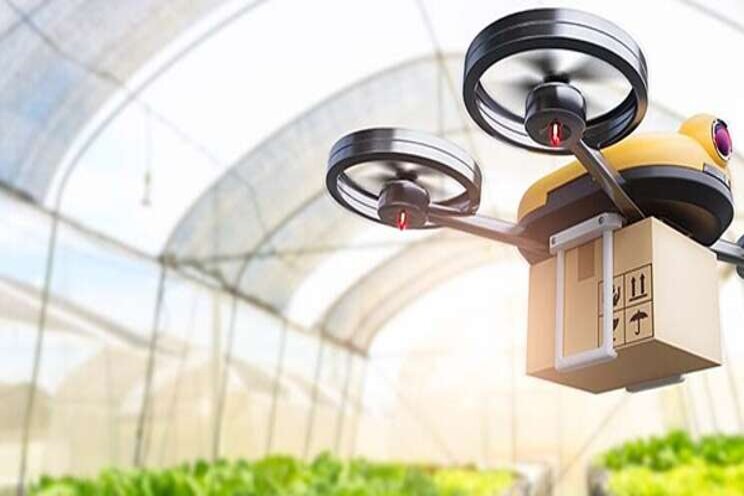
That the drone concept of PATS is unique and promising, is evident from the support and enthusiasm it received. Only a few weeks ago PATS received an investment of € 250.000 to continue developing their drone technology. The money is provided by UNIIQ, a €22 million investment fund focused on the proof-of-concept phase, which helps entrepreneurs in West Holland bring their unique innovation to market faster. UNIIQ offers entrepreneurs the seed capital to achieve their plans and bridge the riskiest phase from concept to promising business. A consortium, including Erasmus MC, TU Delft, Leiden University and the regional development agency InnovationQuarter, created the fund. UNIIQ is made possible by the European Union, the Province of South Holland and the municipalities of Rotterdam, The Hague and Leiden. InnovationQuarter is responsible for the fund management.
A swift bat-like action
But what makes this concept so special? And how does it work? 'Insect pests are a major problem for greenhouse farmers. The favourable greenhouse climate allows them to thrive and reproduce easily. Despite the increasing use of biopesticides, such as Ichneumon wasps, growers are often unable to avoid using chemical insecticides as corrective measure', says co-founder Bram Tijmons. 'However, chemicals often have only a limited effect and are not widely available for every type of pest. Some products also have side effects, both on the crop and beyond. New pest control alternatives are therefore urgently required.' Together with Sjoerd Tijmons and Kevin van Hecke he started developing a unique new way of attacking insects inside a greenhouse: micro drones. 'We focused on one harmful insect to begin with: moths. Their offspring, caterpillars, can cause considerable damage to a crop, resulting in yield loss. We develop a solution using micro drones. Base stations equipped with monitoring cameras are installed throughout the greenhouse. As soon as a flying moth is detected, a drone is activated and directed towards the moth at lightning speed. It collides with the insect, which is then disposed of by the drone's rotating propellers: a swift bat-like action that takes just a few seconds. Once the insect has been eliminated, the drone returns to the base station to recharge for the next mission. In contrast to the methods that are currently available, this system proactively hunts insect pests to prevent them spreading further throughout the greenhouse.'
No science fiction
It almost sounds like a science fiction story, but the fact is that the micro drones are reality. In the summer of 2018, PATS started with a small test set-up at the location of Holstein Flowers, a Gerbera nursery in the Netherlands. The first results were positive, after which more growers became interested in the technology. PATS sees its technology not only as an addition to the current available set of control solutions. In the long term the system must also reduce the need for (bio)insecticides for specific pests and it is expected that the grower will have to spend less time on pest monitoring and control. 'The ultimate goal is to have our system control the Golden twin-spot moth population entirely', says Tijmons, 'as it will act as a targeted and preventive approach. In the next few years we intend to add support for different types of flying insects as well.' By using the investment from UNIIQ, PATS intends to strengthen its R&D team. This will accelerate product development, expand the knowledge base and reduce time to market. Co-founders Bram Tijmons, Sjoerd Tijmons and Kevin van Hecke are therefore extremely pleased with the investment. 'We at PATS are very happy about UNIIQ's confidence in our team and our technology. The investment will be used for further technological development and to expand our knowledge. Our innovative application will also allow us to support many end users in their day-to-day crop protection activities.'
Gerberas and chrysanthemums
The parties involved with UNIIQ, all international key players in their own area, are highly impressed by the drone concept of PATS. 'PATS is a spinoff of TU Delft which focuses on a major problem faced by the greenhouse and horticultural sector', says UNIIQ Fund Manager Liduina Hammer. 'The founders have research backgrounds at MAVLab, TU Delft's drone lab, and UNIIQ's funding will give them the opportunity to validate this alternative, innovative approach to pest control.' With the current applications PATS is able to eliminate Golden twin-spot moth in the cultivation of gerberas and chrysanthemums. Now that the company has received substantial funding, it can develop the system even further for optimization of the system and use with other crops.
Tests at Koppert Cress
In August, the Dutch producer of cresses Koppert Cress and PATS already signed an agreement to automate part of the crop protection process with drones. Sustainability is a top priority at Koppert Cress. The company wants to ensure a future in which socially responsible cultivation continues to be of high importance. Mechanical control of pest insects contributes to this goal. The technology of PATS will be used during a test process in a separate growing environment. This joint process is intended to optimize the system for the specific conditions on site and to actively contribute to crop protection. The small agile drones actively hunt and eliminate flying insect pests such as Golden twin-spot moths. In addition, the system provides insights into the development of pests.
Altogether this results in a preventative solution to combat pest development. But the technology also offers other advantages, like an increased efficiency of human labor and the reduction of crop damages due to pests. 'But we are still developing this technology to make it more accurate and effective in practice', Tijmons concludes, 'so there is much to be gained in the next years.'
Source and photo courtesy of Greentech
Source: Greentech
More news


